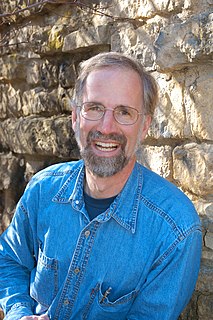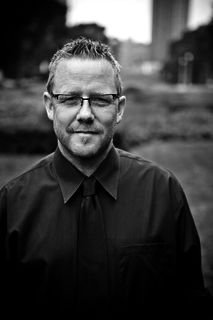A Quote by David W. Orr
The dialogue about sustainability is about a change in the human trajectory that will require us to rethink old assumptions and engage the large questions of the human condition that some presume to have been solved once and for all.
Related Quotes
When J.J. [Abrams] called Lisa [Joy] and myself, he pitched us this idea of, what if we turn the structure around and started with the hosts. For us, that gave us a way to play with everything that we're interested in, all at once. It's the ultimate playground for us because we deal with questions about artificial intelligence, which is something I've long been fascinated by, but also human intelligence, or the lack thereof, human behavior, and interactive, immersive storytelling.
At a time when threats to the physical environment have never been greater, it may be tempting to believe that people need to be mounting the barricades rather than asking abstract questions about the human place in nature. Yet without confronting such questions, it will be hard to know which barricades to mount, and harder still to persuade large numbers of people to mount them with us. To protect the nature that is all around us, we must think long and hard about the nature we carry inside our heads.
The experience I'm talking about has given me one certainty: the salvation of this human world lies nowhere else than in the human heart, in the human power to reflect, in human meekness and in human responsibility. Without a global revolution in human consciousness, nothing will change for the better, and the catastrophe toward which this world is headed will be unavoidable.
What art should be about,' they will say, 'is revealing exquisite and resonant truths about the human condition.' Well, to be honest - no, it shouldn’t. I mean, it can occasionally, if it wants to; but really, how many penetrating insights to human nature do you need in one lifetime? Two? Three? Once you’ve realised that no one else has a clue what they’re doing, either, and that love can be totally pointless, any further insights into human nature just start getting depressing really.
If others tell us something we make assumptions, and if they don't tell us something we make assumptions to fulfill our need to know and to replace the need to communicate. Even if we hear something and we don't understand we make assumptions about what it means and then believe the assumptions. We make all sorts of assumptions because we don't have the courage to ask questions.
Jazz is really about the human experience. It’s about the ability of human beings to take the worst of circumstances and struggles and turn it into something creative and constructive. That’s something that’s built into the fiber of every human being. And I think that’s why people can respond to it. They feel the freedom in it. And the attributes of jazz are also admirable. It’s about dialogue. It’s about sharing. And teamwork. It’s in the moment, and it's nonjudgmental.
We do some experiments in humans, some in mice, and there are some questions that can only be answered in nonhuman primates. It's true that you can't immediately say that those experiments will translate into human health, but nevertheless, it is obvious that having an understanding of human memory is going to be important for human health.
The human condition comprehends more than the condition under which life has been given to man. Men are conditioned beings because everything they come in contact with turns immediately into a condition of their existence. The world in which the vita activa spends itself consists of things produced by human activities; but the things that owe their existence exclusively to men nevertheless constantly condition their human makers.


































